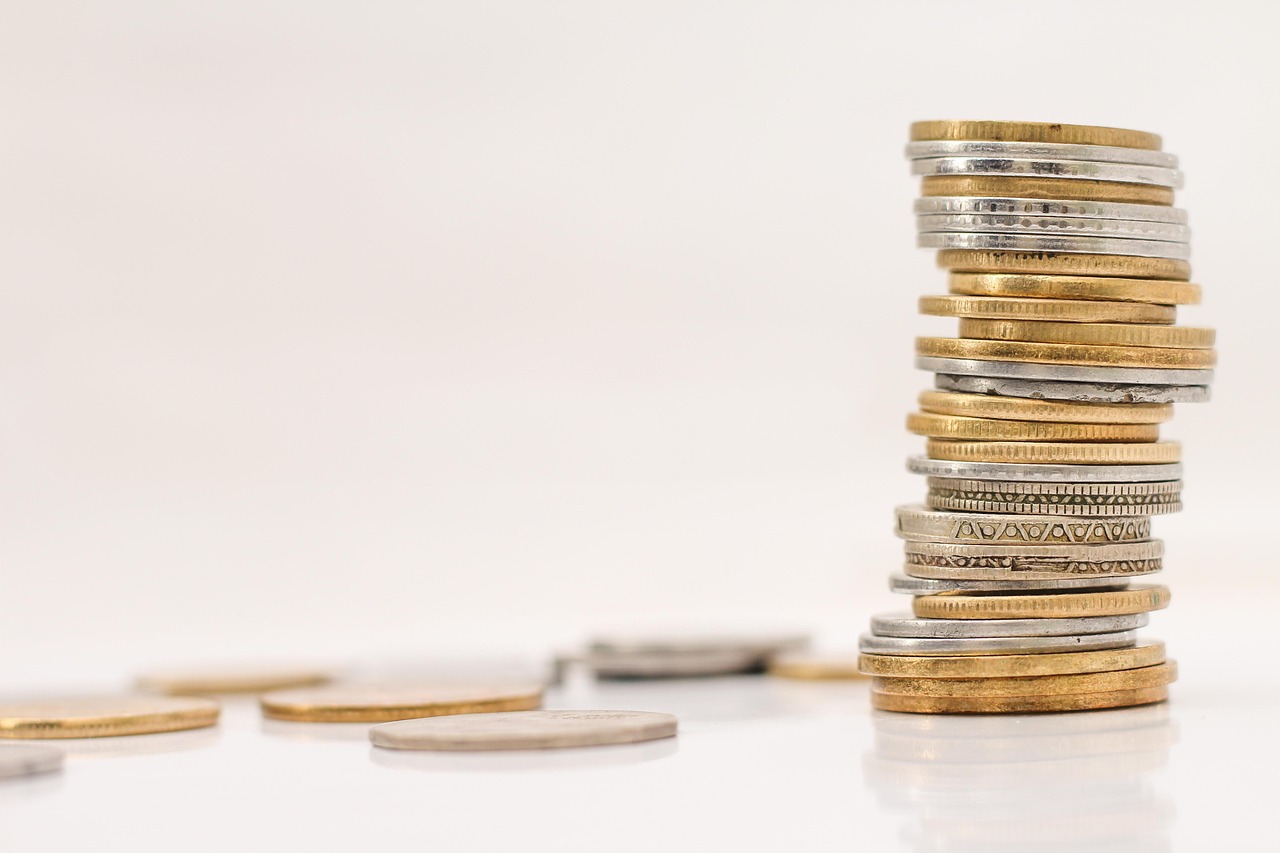A personal loan can be a convenient way to take care of your needs, however, it can also be the best option in case of a short money famine. Nevertheless, the most significant factor before going for the loan is still your credit score. It determines decisively whether your loan will be accepted, at what interest rate you will receive, and how much money you will be allowed to borrow. A good credit score usually promises lower rates and quicker disbursal, but a bad one might result in getting rejected or a higher interest rate.
People, in general, do not give their credit score much importance only when they experience the effect of it after it gets rejected or approved but then with not so good terms. On a positive note, you can improve your credit report with a few bright moves, even if your loan is due only in the next few months.
Why Credit Score is Important for Personal Loans
Your credit score is the reflection of how responsible you are and your financial behaviour history. Borrowing institutions employ it for deciding on the trustworthiness of the borrower. A credit score of 750 or above is considered very good, while that below 600 can be suspicious.
In the case of unsecured loans, such as personal loans, the role of your credit score is even more significant. A loan transaction without security, thus, the lender counts most on your past payment history and financial discipline to make the decision.
Raising your credit score does not have to be a long journey. Your score with targeted effort can go up within three to six months if you fix the right issues.
Make sure that your Credit Report does not have any mistakes
The very first step is to obtain your credit report from a credit bureau that is reputable. You have the right to get at least one free report annually. Go through it in great detail to make sure that there are no inaccuracies like the outstanding balances being incorrect, the accounts that you have closed being shown as active, or the history of payments reporting missed when you have in fact made the payments.
Errors that will be disputed and fixed are necessary because of the fact that every incorrect detail will no doubt lead to the decrease of the score. On the other hand, the score that fits the profile of the corrected information usually is an immediate upgrade case.
Reduce Your Credit Utilization
Credit utilization is that part of the credit that you have available, which you are actually using at any point in time. It is considered optimal if you do not go over 30% of the whole credit limit that is available to you. For example, if your card limit is ₹1,00,000, try to use no more than ₹30,000.
Big utilization indicates that one cannot do without borrowed money, which, in turn, has a negative impact on the rating. If it is the case that you always spend more than half, if not 60%, of your limit, changing it would be a good idea either by spending less or requesting a higher limit.
Stay Away from Numerous Loan Submissions within a Short Period of Time
When you seek for credit, the lender investigates your record thoroughly. Limit the number of these enquiries because several of them conducted within a short time span indicate that you could be a credit-hungry person and, hence, your score is likely to go down.
Do not keep making credit requests in a short span of time but space them out and apply when you have to. If you want to apply somewhere else after you have been denied once, first investigate the cause of the rejection and take corrective actions before applying to another place.
Can a Personal Loan App Help if You Have a Low Score?
To get quick approval, a lot of borrowers use a personal loan app. These platforms, however, also check your credit score. On the one hand, some apps allow individuals with a very short credit history to take small loans, but they still base their decision on the customer’s credit behaviour and the history of repayments.
Even if you decide to go through a personal loan app, it is very crucial that you have worked on your credit score first. It not only raises your chances of getting accepted, but also puts you in a better position to ask for different conditions such as duration and interest rate.
Benefits of Improving Your Credit Score
With a good credit score, many good things open to you. You will be able to get a bigger loan, at a lower interest rate, and with quicker disbursal. Moreover, a higher score means you have more lender options to choose from, thus, giving you more power to bargain.
On top of that, your repayment conditions could become more accommodative. For instance, a longer tenure may be your choice or getting a loan without the processing fee may also be an option available depending on the lender’s offer.
Is it Possible to Check Your Credit Score with a Personal Loan App?
Some digital platforms allow you to see your credit score from the app interface. These are good for frequent self-tracking, but only if you make sure that you use authorised sources. A lot of users resort to a personal loan app not only for applying for loans but in order to be in the loop concerning their credit profile.
Whichever way you use, frequently monitoring your score enables you to see how your money management is affecting your credit condition positively.
Summary
Having a good credit score is the most powerful arsenal in your armory while seeking a personal loan. Your credit history is the deciding factor in how the lenders will perceive your application, whether it is a bank, NBFC, or a personal loan app that you are dealing with. You can raise your credit score and increase your borrowing power by making payments on time, keeping credit usage low, not taking unnecessary loans, and being transparent. If you do these now, you will be able to access the money when you want later.

